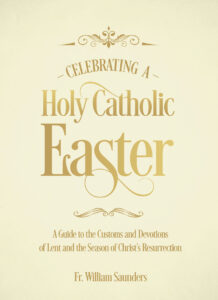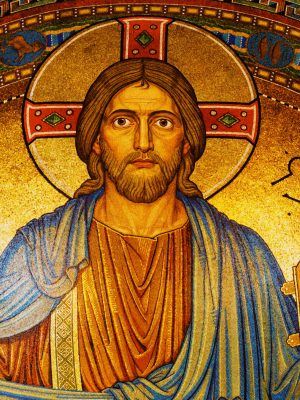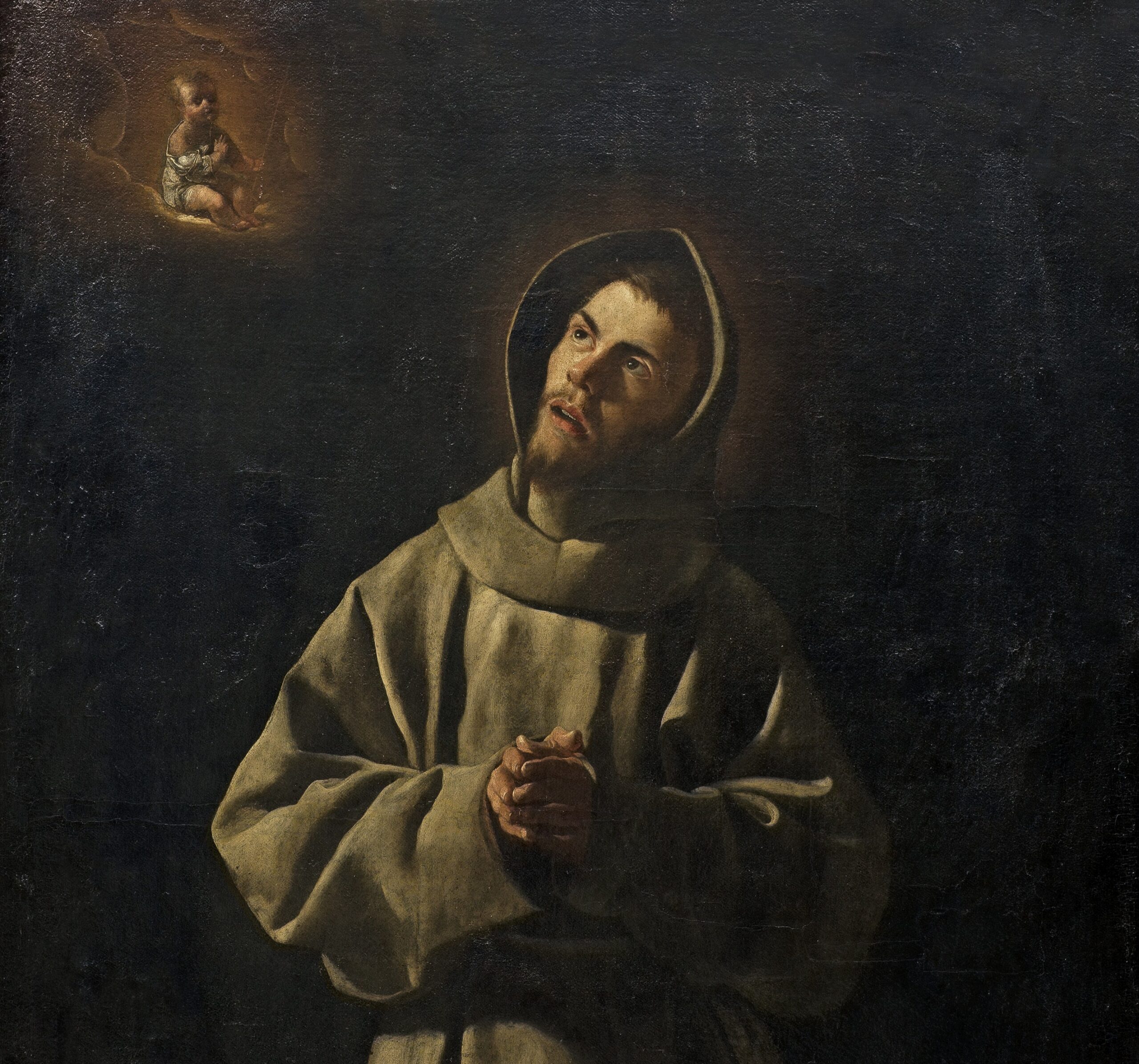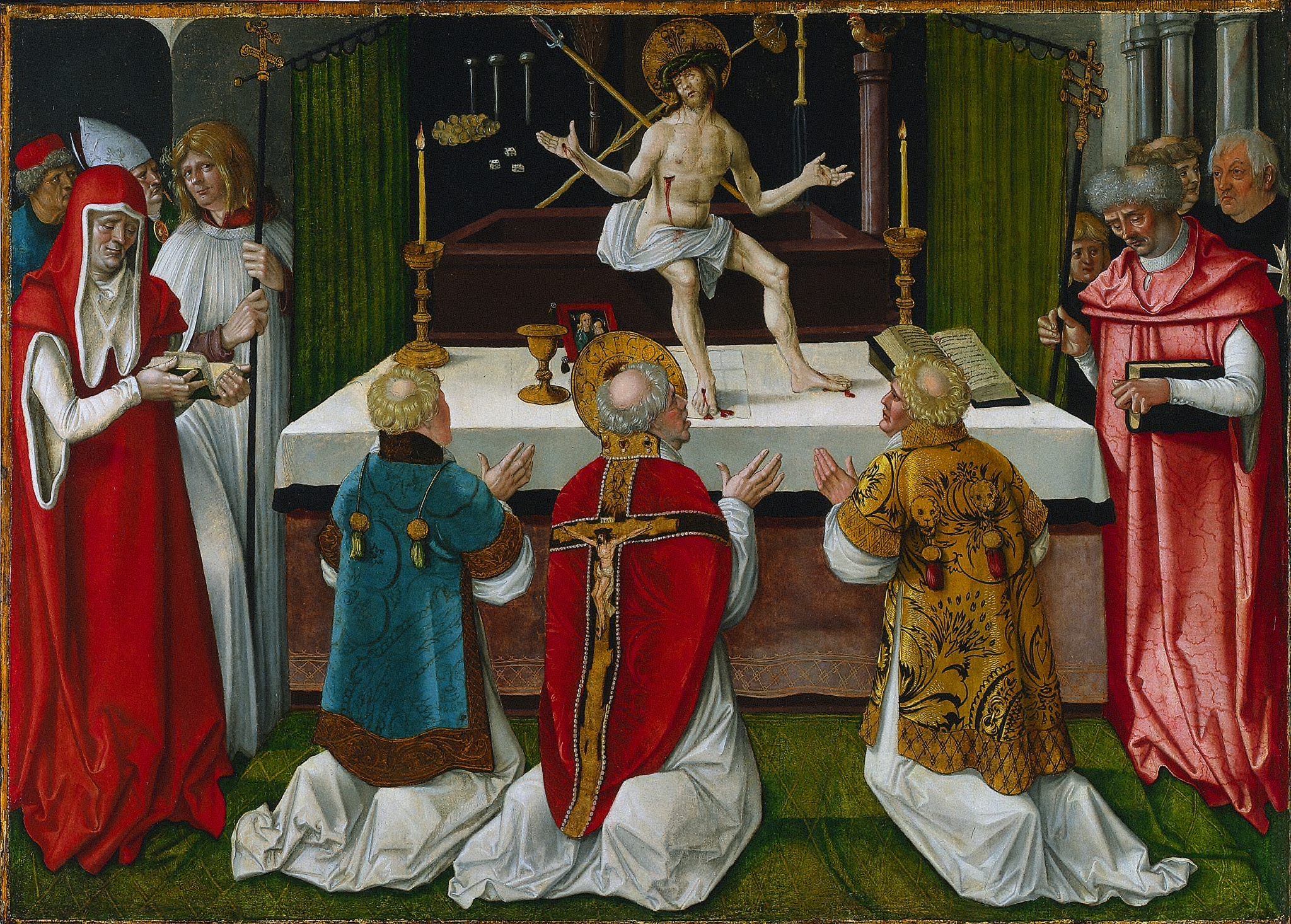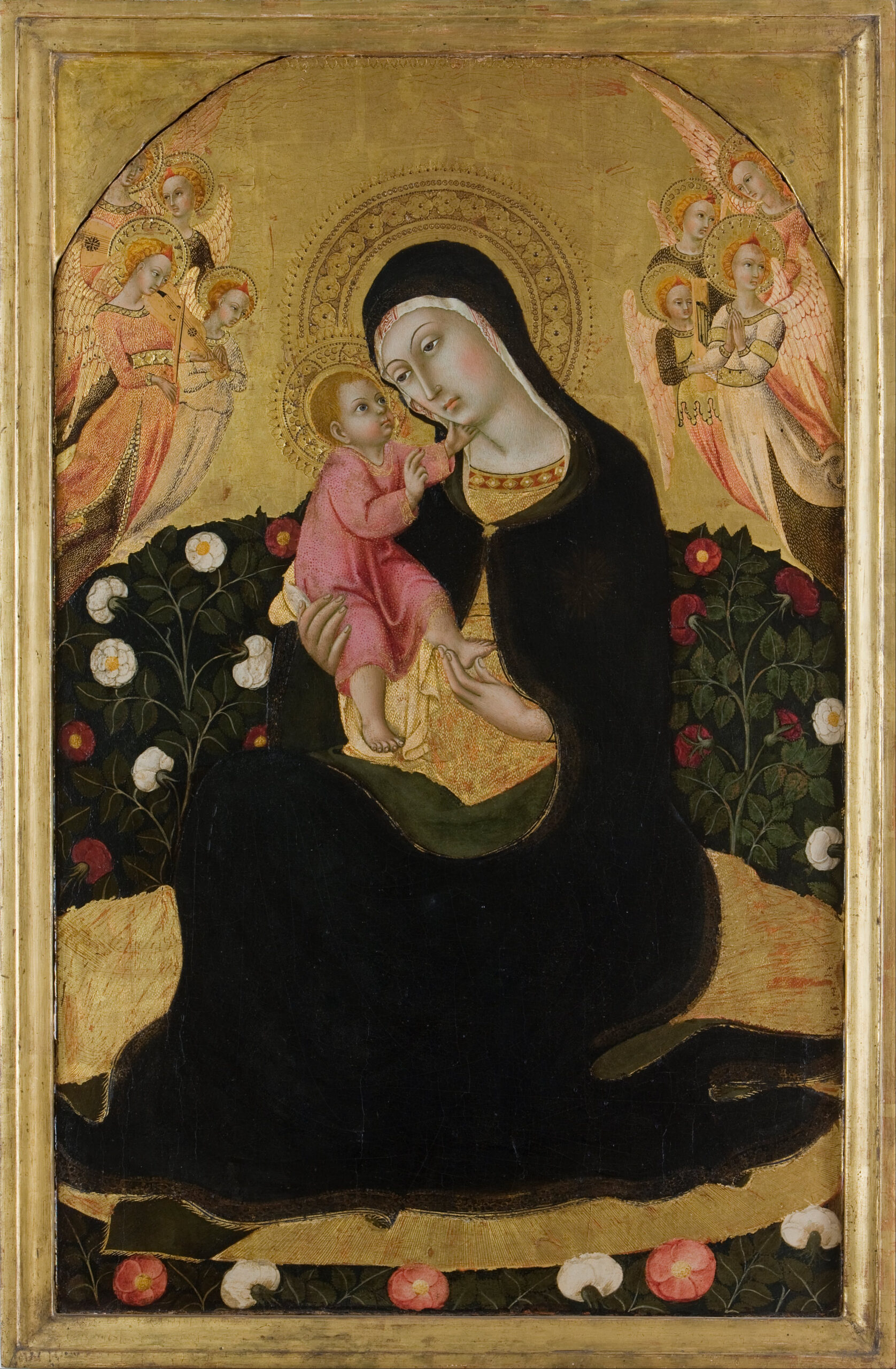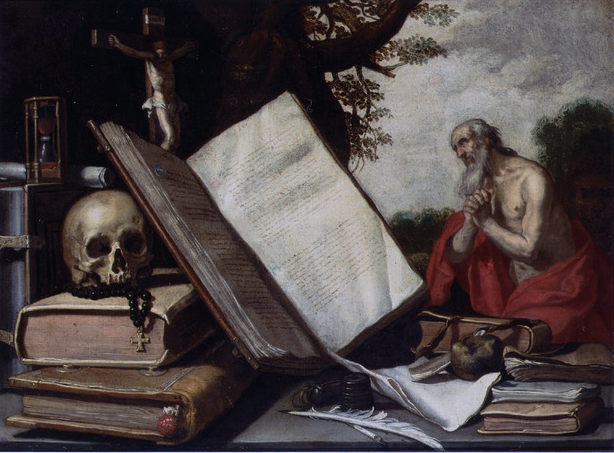Alleluia! Alleluia or Halleluiah is a Hebrew word meaning, “Praise Yahweh.” The expression appears throughout the psalms. During the Easter Vigil Mass, after the reading of the Epistle, the priest (or cantor) solemnly intones the Alleluia three times, with each intonation raised a step, with the congregation repeating it. At the end of Mass, the Alleluia is also added: The priest (or deacon) dismisses the people, “Go forth, the Mass is ended, alleluia, alleluia.” To which the congregation responds, “Thanks be to God, alleluia, alleluia.” In his book Dogma and Preaching (p. 47–48), Pope Benedict reflected:
“Singing indicates that the person is passing beyond the boundaries of the merely rational and falling into a kind of ecstasy; the merely rational he can express in ordinary language (that is why overly rational people are seldom tempted to sing). Now singing finds its climactic form in the Alleluia, the song in which the very essence of all song achieves its purest embodiment. . . In fact, we are dealing here with something that cannot be translated. The Alleluia is simply the nonverbal expression in song of a joy that requires no words because it transcends all words.”
Therefore, what better word of praise than Alleluia can express the joy that the love of God shown through Jesus Christ has conquered falsehood and sin, suffering and death, and evil itself? And so, the Alleluia expresses a joy and praise to God where all other words fail.
One of the most beautiful pieces of music composed and performed during Easter is the “Halleluiah Chorus” of Handel’s Messiah. In August 1741, George Frideric Handel (1685–1759) was in the depths of despair. His patroness, Queen Caroline of England, had died and therefore his primary source of income ceased. Wars abroad had forced many of the theaters in London to close, thereby eliminating another source of revenue. With his savings depleted, his creditors pressured him. On some days, he went without enjoying a meal. Even worse, the public had seemed to have forgotten the great musician; people passed him on the streets without even taking notice. Worst of all these miseries, Handel felt that he had lost his creative genius.
One day, walking the streets of London, he felt very much alone and forgotten. He entered his house and lay down, hoping to never wake-up. Just then, he noticed a thick envelope on his desk containing a new libretto from his collaborator Charles Jennings. Handel thought, “What can I do, a forgotten musician?” Nevertheless, he rose from his bed, and he opened the libretto.
He read the opening words, taken from the Prophet Isaiah: “Comfort ye, comfort ye my people, saith your God.” An angelic Easter summons filled his ears. He continued on: “The people that walked in darkness has seen a great light.” The dawn of a new day began to dispel the darkness that overwhelmed him. He read on, “For unto us a child is born, a son is given.” Reading through the libretto, Handel journeyed through the prophecies of the Old Testament, the birth of the Lord, and then finally his passion, death, and resurrection. The final words were “Hallelujah!” A creative fire was ignited again in his heart.
For three weeks, Handel worked non-stop putting the words to music and produced the magnificent Messiah. When he had finished, he said, “I do believe I have seen all of Heaven before me, and the great God Himself.” The Messiah was ready for its premier performance on Easter 1742. As Handel heard the Halleluiah chorus, tears of joy ran down his cheeks.
After the performance, he was asked, “What do you think?” He said, “I know that my Redeemer lives. I was sick, and now I am cured. I was in prison, and now I am free. I was in darkness, and now I am in light.” Truly, Handel could say, “Halleluiah! Christ is risen! And I have risen to new life with him!”
This article is taken from a chapter in Celebrating a Holy Catholic Easter by Fr. William Saunders, which is available from TAN Books.
